AI can also be used for interpreting. There are several providers, but not all of them comply with the GDPR. A major disadvantage is that we often don’t know exactly what happens to your data. I have a subscription to an AI interpreting platform that does guarantee that data will not be stored or shared.
This AI module depends on the quality of the input. Obviously, all interpreters need good sound quality to be able to hear and interpret everything, but AI also needs to pick up that sound. If it can’t, nothing can be converted into another language and AI is not up to the task. I can check for you what the possibilities are and make sure that the module is connected for you on location or online, so that listeners receive the translation via a login on their own mobile device. The platform can also be integrated with Teams or Zoom.
The advantage is that you can provide your audience with translation into up to 128 languages with a single tool. Working with AI can therefore be a very advantageous alternative, especially when it comes to short meetings or when many different languages are spoken.
A major disadvantage of working with AI can be that the tool cannot prepare for the assignment in the same way that a human can. Think, for example, of gathering the correct terminology, which I do as a professional interpreter prior to an assignment. Other disadvantages are that AI does not understand jokes and that you cannot ask for clarification if you need it. And names are a nightmare. This can cause a lot of confusion.
With my experience, I can overcome some of these problems. I create a terminology list and a list of names that I feed into the system to improve its performance, but ultimately there is no control over the translation.
Would you like to try out whether an AI interpreter meets your needs?
